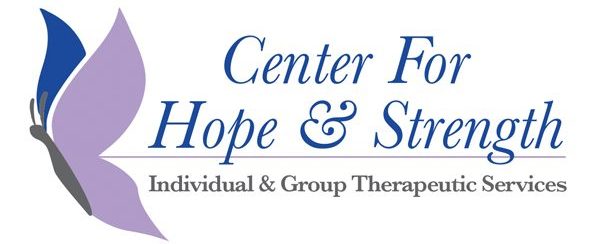Domestic Violence occurs in 1 out of 3 to 4 families and can happen to anyone, regardless of gender, race, ethnicity, sexual orientation, or income. On average, victims go back to their abusers 7 to 9 times before they leave their abusers. The longer a victim remains in a domestic violence relationship, the more likely they will be killed by their abuser.
Our jobs are to educate, support and empower victims to move forward to healthy and productive lives and to model strength, determination and appropriate boundaries to change and improve lives.
List of Programs:
- Individual Therapy
- Group Therapy
- Self-Care for Mind and Body
- Life-Skills Courses
- Positive Discipline
- Safety Planning Services
Individual Therapy:
One-on-one sessions are provided by our therapists who specialize in the area of domestic violence and sexual assault. They will work with you to meet your goals of wellness and empowerment through an understanding of the dynamics of domestic violence relationships. Through a range of diverse approaches, your therapist will support you on your unique journey to build a safe, fulfilling, violence-free life, in an accepting and compassionate space.
Group Therapy:
Group therapy provides participants the opportunity to connect with a strong community of fellow survivors. Our groups offer a safe environment to explore diverse topics as they relate to the experience of domestic violence. Group therapy is a valuable addition to one-on-one therapy. Individual clients are welcome and encouraged to attend.
- Domestic Violence 10 Week Support Group
Topics include but are not limited to cycle of abuse, power and control, red flags and signs of abuse, self-esteem and self-confidence, boundaries, healthy versus unhealthy relationships, intergenerational effects of domestic violence, PTSD, and the process of moving forward. - Empowerment Groups
Group focuses on moving beyond domestic violence, creating a sense of empowerment & sustainability, and building healthy future relationships.
Self-Care for Mind and Body:
It is well-documented that deep-breathing exercise, mindfulness practice, regular meditation, and daily affirmations have a positive impact on overall health and wellness. Survivors of trauma benefit tremendously from developing self-care practices that increase self-awareness, empowerment, and inner personal calm. Creating feelings of peace within the body is a valuable tool in the primary challenge of establishing personal safety. In this one-hour weekly workshop, participants are guided through a yoga-inspired sequence of breathing, restorative movement, visualization, affirmations, and meditation.
Life Skills Courses:
These psycho-educational courses are designed to promote self-awareness, self-discovery, holistic wellness, and skill-building. Our courses will assist individuals in growing self-esteem, constructive coping-skills, and exposure to new dimensions of your evolving identity. Courses are based on a variety of approaches and interventions designed to promote positive change in participants’ lives. Course facilitators emphasize the practical applications of these skills in managing the challenges of daily life. Areas to be explored include:
- Stages of Development
- Process of Change
- Affirmations and Empowerment
- Emotional IQ
- Boundaries
- Co-dependency
- Nutrition
- Relationship Building
- Communication Skill-Building
- Family Structuring
- Positive Reinforcement
- Mindfulness
- Self-Discovery
Safety Planning:
Items to take with you when you leave:
- Money
- Keys to car, house, work
- Extra clothing
- Medicine
- Pictures, jewelry, items that mean a lot to you
- Address book/Contacts
- Items for your children (toys, blankets, etc.)
- Important papers for you and your children:
- Bank books
- Passports
- Immigration papers
- Social security cards
- School Information
- Medical records
- Birth certificates
- Credit cards
- Driver’s license
- PPO
- Divorce papers
- Insurance Papers
- Custody Orders
- Lease or rental agreements
- Bills
- Car Registration
Technology Safety
- Try to use a public computer
- Change your passwords often
- Try to avoid visiting shared or social networks
- Do no to try to sell things online
- Delete any information about contacts or addresses
- Delete your web history and information
- Search for your information on Google or ZABA
(request your information be deleted if accessible)


